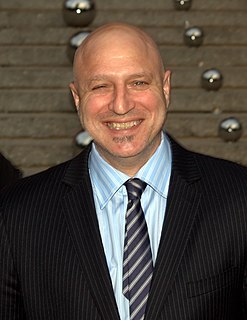A Quote by Walter Willett
There's a lot of evidence that fruits and vegetables are beneficial for reducing the risk of stroke.
Quote Topics
Related Quotes
There is no longer any question about the importance of fruits and vegetables in our diet. The greater the quantity and assortment of fruits and vegetables consumed, the lower the incidence of heart attacks, strokes, and cancer. There is still some controversy about which foods cause which cancers and whether certain types of fat are the culprits with certain cancers, but there's one thing we know for sure: raw vegetables and fresh fruits have powerful anti-cancer agents.
My thing is, if you're going to put stuff in your body, it's going to be beneficial. Clean carbs, complex carbs, good proteins, a balanced diet. It's difficult to do it on a consistent basis, but it's pretty straightforward: fish, chicken, lean red meat, vegetables, fruits, complex carbs. The hardest part is putting on the work.
... the consensus of the scientific community has shifted from skepticism to near-unanimous acceptance of the evidence of an artificial greenhouse effect. Second, while artificial climate change may have some beneficial effects, the odds are we're not going to like it. Third, reducing emissions of greenhouse gases may turn out to be much more practical and affordable than currently assumed.





































